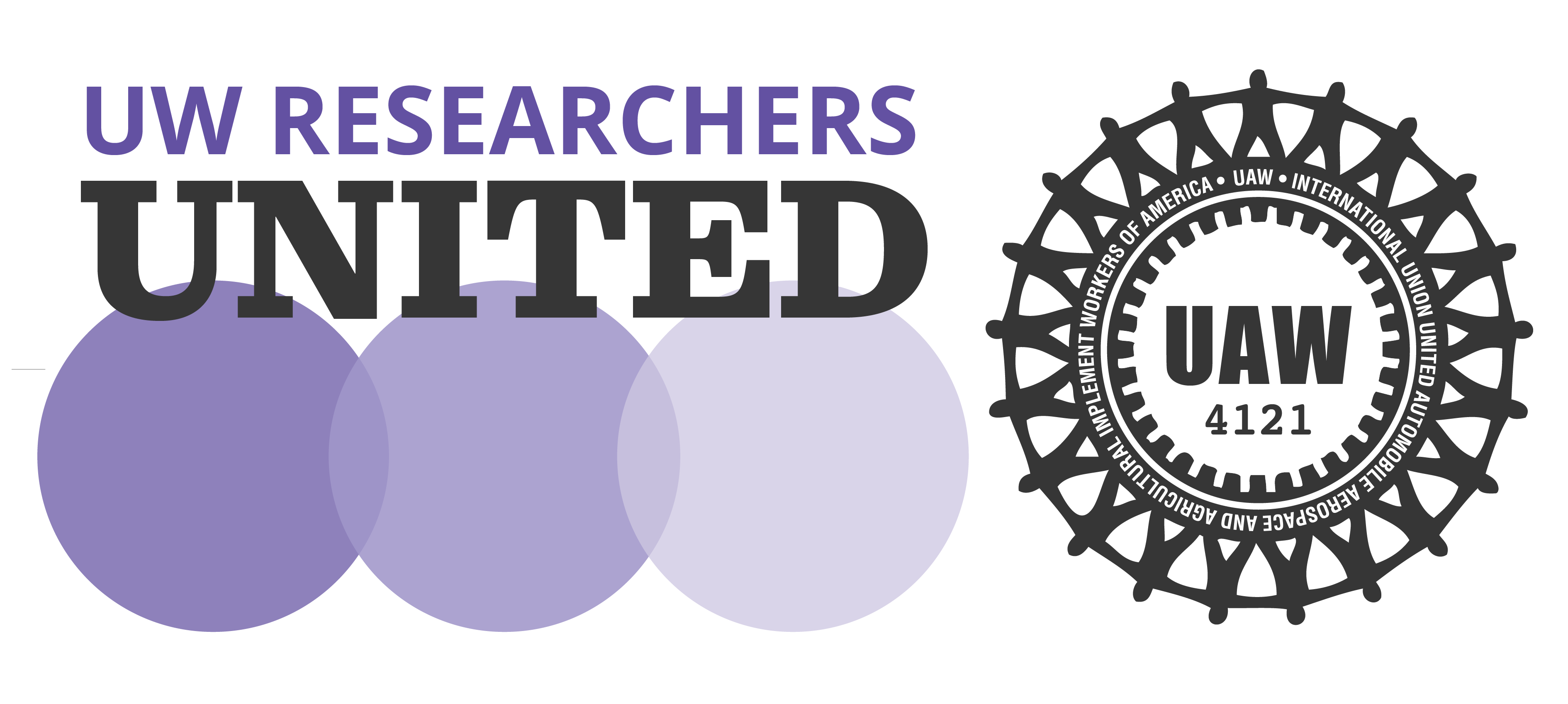By Marina Dutsch, May 1, 2019
I am a postdoctoral scholar at the University of Washington. In my research I use climate models and water isotopes archived in ice cores to study Earth’s past climate, which helps to improve predictions of Earth’s future climate. l feel lucky to work here and hopefully make a difference in the world. But I had a negative experience in the beginning acquiring health care, in which I was quoted a discriminatory premium by an insurance company that offers health plans for postdocs in my situation and is listed on the University’s website.
When I arrived at the University a bit more than a year ago, I was told that, because I am paid directly by an external funding source, I was not eligible for University-provided health care benefits through the Public Employee Benefits Board (PEBB). This meant that I had to find my own health insurance. Since the plans on the Washington Health Care exchange did not fulfill the requirements of my visa, I was left with only one option: to purchase coverage through a health insurance company that offers plans for non-US citizens. The University’s website listed four companies, which all fulfilled my visa requirements, even though they did not provide comprehensive coverage like the PEBB.
One of these companies was IMG. At $324 per month the premium for their most comprehensive plan was high, but acceptable. I decided to buy it, then I noticed that in my application I had indicated the wrong gender. When I changed it from male to female the premium nearly doubled, to $633 per month. After inquiring whether this was a mistake, I was told by an IMG employee that rates are higher for women because women in my age can get pregnant, and maternity is included in the plan. They went on to rationalize their decision by telling me in writing that, yes, men and women are equally responsible for pregnancy, but the statistics show much larger claims are paid out for women in this age bracket than men.
I was, and still am, stunned that this health plan is offered to postdocs at the University of Washington, or frankly any individual. The practice of “gender rating” in insurance premiums is discriminatory and creates harsh gender inequities for women who deserve equal pay and benefits for equal work. This insurance plan apparently is not subject to the Affordable Care Act, which forbids different premiums based on gender, and is tailored to meet visa requirements, leaving international paid direct postdocs with not much of a choice. As a female-identified postdoc working with our union to end discriminatory practices that create a “leaky” career pipeline and reinforce gender inequities in higher education, I find it particularly outrageous that postdocs like me are prevented from receiving adequate health care through PEBB and instead are routed to discriminatory plans like this by the University of Washington.
In the end I did not buy this plan. I went for another health insurance company with less discriminatory premiums, but relatively poor health coverage. In the worst case, I would have had to pay $8000 out of pocket per year. I was lucky — I did not become sick. But some of my colleagues have not been so lucky. The University of Washington urgently needs to work with our union to extend PEBB or equivalent health care benefits to everyone. But as a first step, it should update its website to include only companies who do not discriminate.
